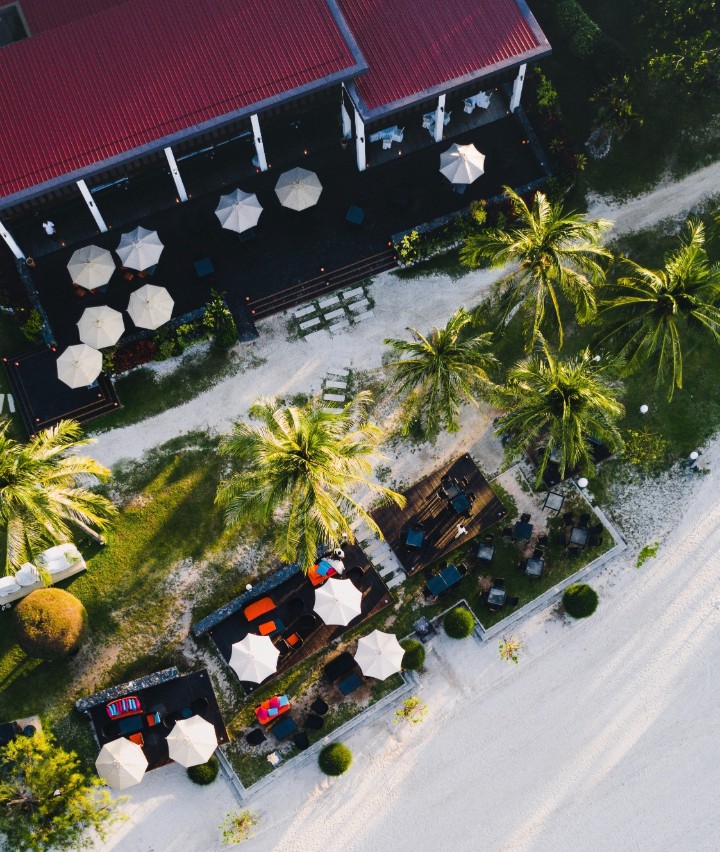Insights
15 November 2020
Insights
Tourism has been brought to its knees by the COVID-19 pandemic, becoming the sector worst-hit by the health crisis. It is a harsh blow considering that it represents 10% of the global GDP.
There are many complex challenges ahead, which need to be tackled using a change model. We must turn our focus to technological innovation, customer service and a fair price for services, to ensure an adequate profit margin and to finance renewal.
Without doubt, it is a worrying scenario for tourism-related businesses and forecasts for the sector are alarming. According to the World Travel and Tourism Council, up to 50 million jobs could be lost over the next few months, with a massive economic impact on Asia, the US and Europe.
The companies that are suffering the most include airlines and the cruise sector, with damage that could take up to 12 months to return to pre-crisis levels. The hospitality industry has also suffered considerable losses, although less so overall than others.
Many businesses have opened up to help society as a whole, offering rooms and services to meet the needs of the respective national health services. This choice demonstrates the maturity of the sector and such actions could be rewarded by customers when the situation starts to improve.

Currently, many countries are starting to emerge from the peak of the emergency, which has led various governments to begin a slow and difficult phase two. Gradual reopening is an extremely delicate process, which requires thorough analysis of the activities that will restart and careful monitoring of the situation.
According to experts, the next few months will be a very uncertain period, with moments when quarantine is relaxed alternating with sudden restrictions if there is an increase in the number of new cases. The future is therefore complicated, particularly for companies that cannot plan long-term investments and strategies.
The most likely model will be centred around local tourism, with citizens able to make short trips, and the promotion of the quality of services over the price. Hotels, transport companies, tour operators and airlines must guarantee social distancing, frequent sanitisation and more flexible booking systems.
The tourism and hospitality sectors will not be the same over the next few months and years so it will be essential to adapt to the new requirements of a post-COVID-19 society. Above all, it is fundamental to increase profit margins in order to have the necessary funds to tackle other health crises that could arise in the future.
At the same time, it is essential to invest in services for the people to ensure that there is an adequate environment for overnight stays, transport and the enjoyment of tourism experiences. Technology will play a key part, and tourism companies must take a step back from OTA platforms, establishing a direct relationship with their customers.
To do so, they must update their corporate website, social media, and communications and marketing strategies to create multichannel structures, optimised for each browsing device. The use of data and analysis by means of artificial intelligence software will be fundamental to understanding customers’ requirements and offering them the services they need.
Technology offers a plethora of options, from evolved CRMs to virtual and augmented reality systems. CRM systems like Salesforce Sales Cloud are a fundamental tool for hotels and accommodation providers because having access to a complete data package makes it easier to understand customers’ tastes and provide personalised and bespoke solutions.
It is also crucial to improve customer support so that it is more immediate and dynamic. It is important to respond to customer requests as quickly as possible by email, phone and social media. The ideal solution is a multichannel platform like the one offered by Salesforce, which enables the simple and personalised management of all customer requests.
In the future of tourism, it will be essential to build customer loyalty, offering a personalised and engaging experience from all perspectives. Of course, this also involves improving the customer journey. A “bespoke” customer experience can be created using services such as Salesforce Marketing Cloud, which allows you to create effective and intuitive content on your website and social media.
Although the challenges may be arduous, companies that manage to position themselves correctly can gain a huge competitive advantage.